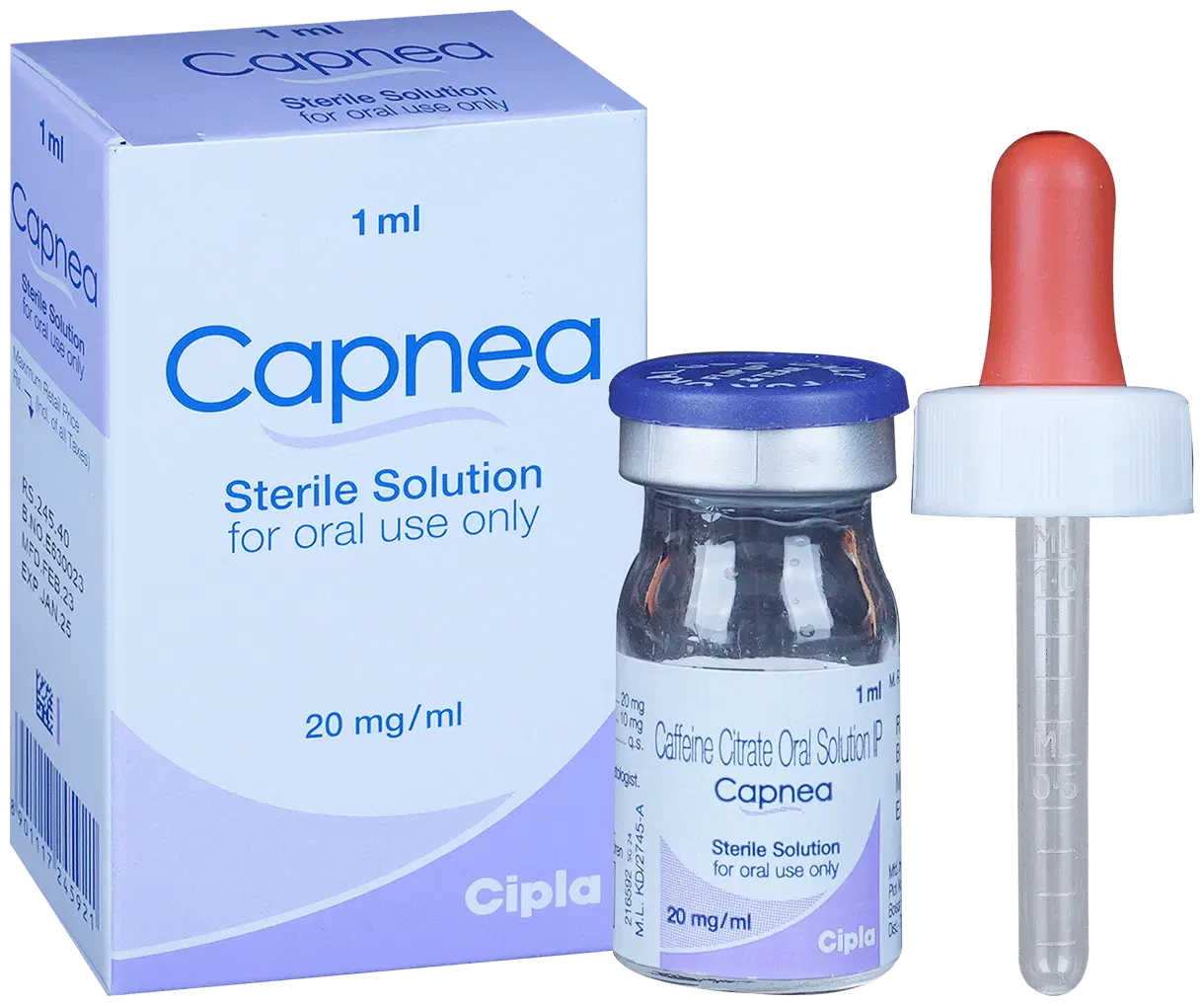Caffeine
Caffeine is a naturally occurring stimulant substance found in various plants, including coffee beans, tea leaves, and cacao pods. It is the most widely consumed psychoactive substance in the world, primarily consumed through beverages like coffee, tea, and energy drinks. Caffeine can also be found in some over-the-counter medications, such as pain relievers and cold remedies, to help alleviate drowsiness caused by the medication.
As a central nervous system stimulant, caffeine works by blocking the effects of adenosine, a neurotransmitter that promotes relaxation and sleepiness. By blocking adenosine, caffeine enhances the release of other neurotransmitters like dopamine and norepinephrine, which help increase alertness, focus, and concentration. Caffeine also has a diuretic effect, which can help counteract the fluid retention often experienced during pregnancy.
In small to moderate doses, caffeine can provide temporary improvements in mood, alertness, and cognitive function. Common uses for caffeine-containing products include boosting energy levels, increasing alertness during periods of sleep deprivation, or enhancing concentration during mentally demanding tasks. However, excessive consumption of caffeine can lead to withdrawal symptoms, addiction, and negative health effects, such as increased heart rate, sleep disturbances, and gastrointestinal issues.
It is important for consumers to be aware of the potential risks associated with caffeine consumption and to monitor their intake to avoid adverse effects. To ensure safe and responsible use of caffeine-containing products, the FDA recommends a maximum daily intake of 400 mg for most adults, which is roughly equivalent to four 8-ounce cups of coffee.

Showing all 6 results
Showing all 6 results


